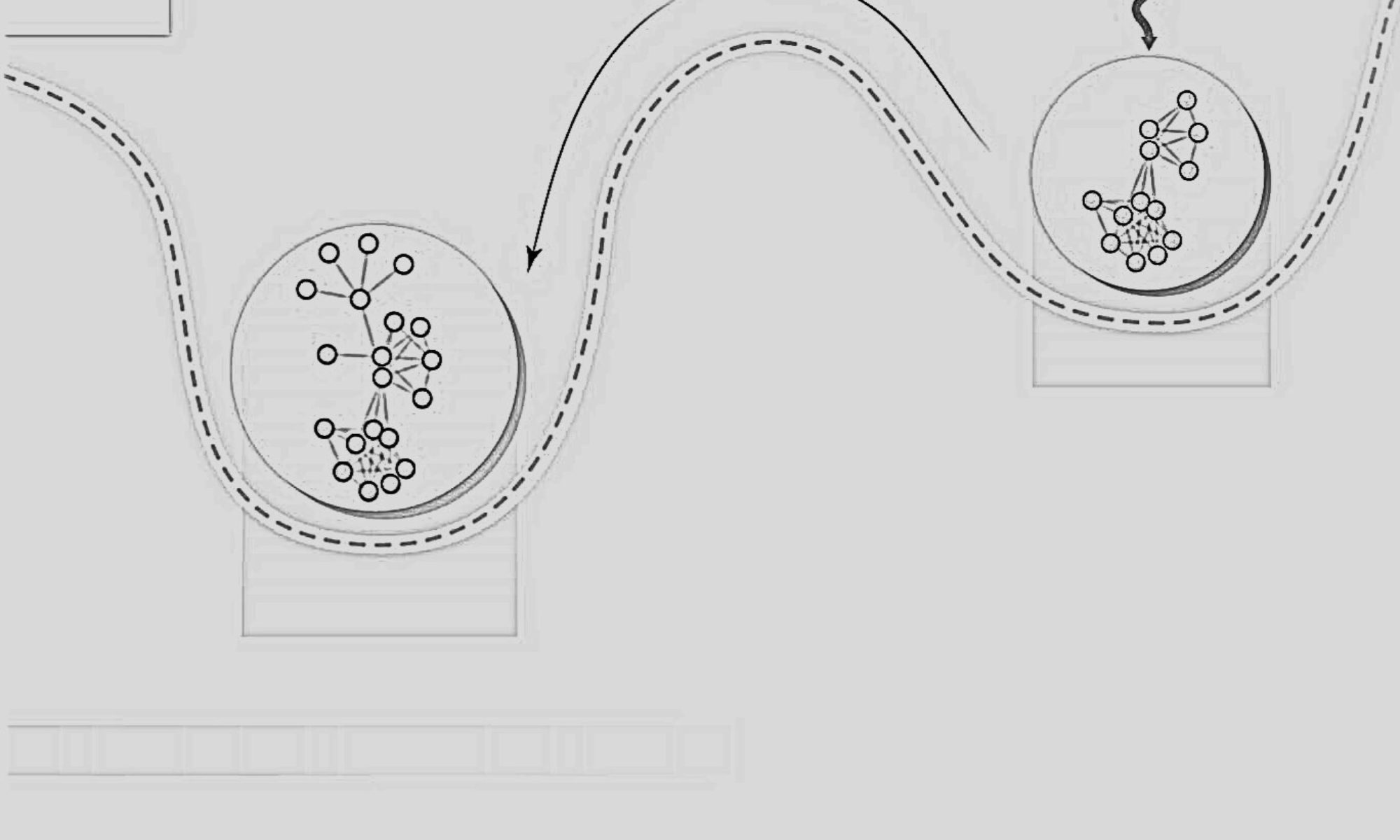Jed Fuhrman, PhD
Investigator

Fuhrman’s research seeks to improve our understanding of the structure and function of marine microbial systems, including viruses, bacteria, archaea, and protists, through field measurements, laboratory studies, and modeling. His development (with Farooq Azam) of an isotope-based approach to measuring in situ growth of marine bacteria via DNA synthesis showed these bacteria consume about half the marine primary production, ushering widespread recognition of the global importance of the “microbial loop.”
Fuhrman’s lab was the first to measure the impact of viral infection on marine bacteria and cyanobacteria, showing through observations, experiments and modeling that it has many implications for ecosystem function. His lab also discovered abundant marine archaea that are primary marine agents of nitrification.
Initiating one of the longest marine microbial time series in 2000 (off Los Angeles, and still running), the Fuhrman Lab showed annually repeating and predictable patterns in microbial community composition and long-term stability of average composition, despite many short-term fluctuations, implying feedback controls (competition, cooperation, grazing, viral infection) that he aims to model.
A collaboration with computational biologists to introduce the development and application of microbial association networks has begun to map the niche spaces and interactions among microbes and environmental factors.
His lab’s recent development of a high-resolution “universal” rRNA sequencing pipeline (for prokaryotes and eukaryotes together) has facilitated that analysis, also furthered by new computational approaches he and his collaborators developed to better extract information about viral infection processes from metagenomic and metatranscriptomic data.
(SB, MIT, 1977; PhD, Scripps Institution of Oceanography, 1981) is the McCulloch Crosby Chair of Marine Biology at the University of Southern California. He is a Fellow of the American Association for the Advancement of Science, American Academy of Microbiology, Association for the Sciences of Limnology and Oceanography (from which he received the G. Evelyn Hutchinson Medal) and American Academy of Arts and Sciences.

